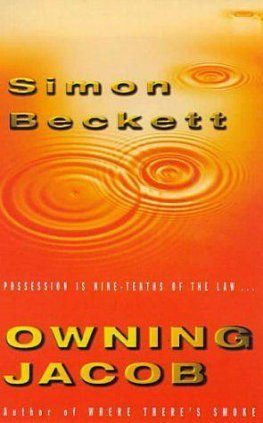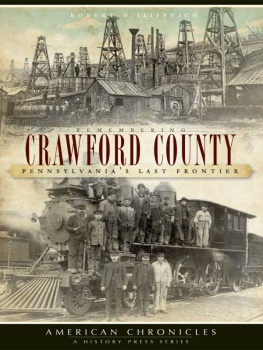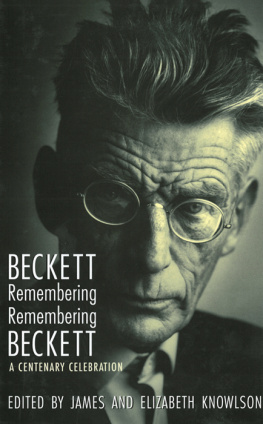George Jacob Holyoake - Bygones Worth Remembering, Vol. 1 (of 2)
Here you can read online George Jacob Holyoake - Bygones Worth Remembering, Vol. 1 (of 2) full text of the book (entire story) in english for free. Download pdf and epub, get meaning, cover and reviews about this ebook. year: 2009, publisher: Library of Alexandria, genre: Detective and thriller. Description of the work, (preface) as well as reviews are available. Best literature library LitArk.com created for fans of good reading and offers a wide selection of genres:
Romance novel
Science fiction
Adventure
Detective
Science
History
Home and family
Prose
Art
Politics
Computer
Non-fiction
Religion
Business
Children
Humor
Choose a favorite category and find really read worthwhile books. Enjoy immersion in the world of imagination, feel the emotions of the characters or learn something new for yourself, make an fascinating discovery.

- Book:Bygones Worth Remembering, Vol. 1 (of 2)
- Author:
- Publisher:Library of Alexandria
- Genre:
- Year:2009
- Rating:4 / 5
- Favourites:Add to favourites
- Your mark:
- 80
- 1
- 2
- 3
- 4
- 5
Bygones Worth Remembering, Vol. 1 (of 2): summary, description and annotation
We offer to read an annotation, description, summary or preface (depends on what the author of the book "Bygones Worth Remembering, Vol. 1 (of 2)" wrote himself). If you haven't found the necessary information about the book — write in the comments, we will try to find it.
Bygones Worth Remembering, Vol. 1 (of 2) — read online for free the complete book (whole text) full work
Below is the text of the book, divided by pages. System saving the place of the last page read, allows you to conveniently read the book "Bygones Worth Remembering, Vol. 1 (of 2)" online for free, without having to search again every time where you left off. Put a bookmark, and you can go to the page where you finished reading at any time.
Font size:
Interval:
Bookmark:

Lord Byron
31 West Twenty-Third Street 1905
CONCERNING BYGONES PREFATORY
PERSONAL INCIDENTS
OTHER INSTANCES
FIRST STEPS IN LITERATURE
GEORGE ELIOT AND GEORGE HENRY LEWES
WHEN BIRMINGHAM WAS A TOWN
THE TENTH OF APRIL, 1848ITS INCREDIBILITIES
THE CHARTISTS OF FICTION
THE OLD POSTILLION
MEETING BREAKERSLIST OF THOSE PAID FOR DOING IT
TROUBLE WITH HER MAJESTY
UNFORESEEN QUALITIES IN PUBLIC MEN
THE COBDEN SCHOOL
HARRIET MARTINEAU, THE DEAF GIRL OF NORWICH
HARRIET MARTIN EAUFURTHER INCIDENTS IN HER SINGULAR CAREER
THE THREE NEWMANS
MAZZINI IN ENGLAND-INCIDENTS IN HIS CAREER
MAZZINI THE CONSPIRATOR
GARIBALDITHE SOLDIER OF LIBERTY
THE STORY OF THE BRITISH LEGIONNEVER BEFORE TOLD
JOHN STUART MILL, TEACHER OF THE PEOPLE
JOHN STUART MILL, TEACHER OF THE PEOPLE
ABOUT MR. GLADSTONE
But on just occasion
Font size:
Interval:
Bookmark:
Similar books «Bygones Worth Remembering, Vol. 1 (of 2)»
Look at similar books to Bygones Worth Remembering, Vol. 1 (of 2). We have selected literature similar in name and meaning in the hope of providing readers with more options to find new, interesting, not yet read works.
Discussion, reviews of the book Bygones Worth Remembering, Vol. 1 (of 2) and just readers' own opinions. Leave your comments, write what you think about the work, its meaning or the main characters. Specify what exactly you liked and what you didn't like, and why you think so.






